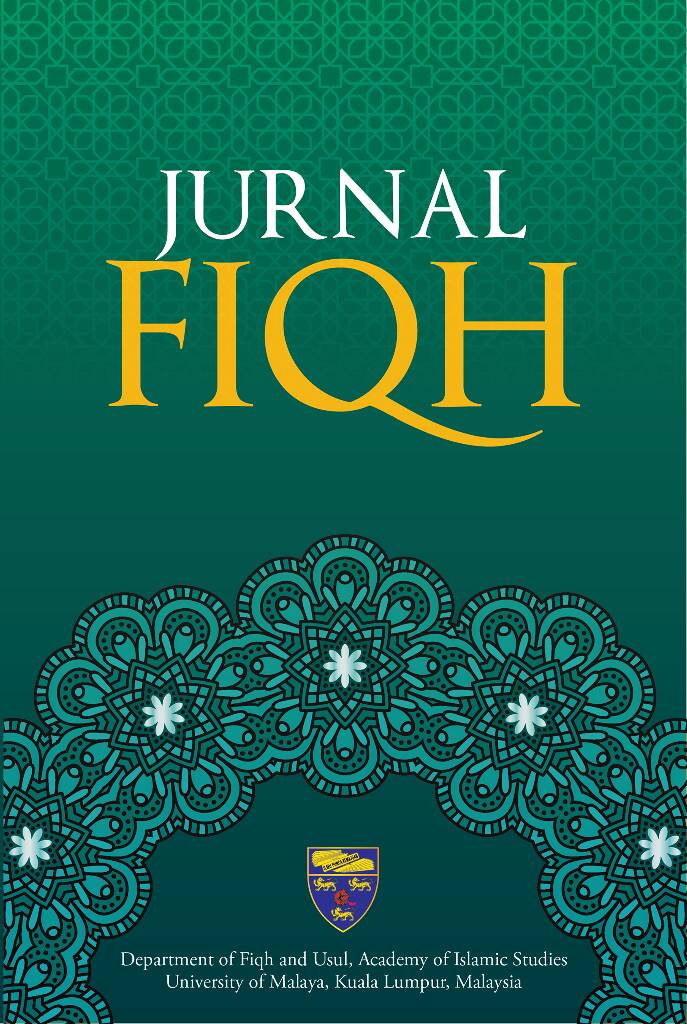أثر التقنية في الحكم الشرعي للبتكوين في ضوء العلاقة بينها وبين سلسلة الثقة
The Effect of Technology on Islamic Ruling of Bitcoin in the Light of Its Relationship with Blockchain
DOI:
https://doi.org/10.22452/fiqh.vol18no1.5Keywords:
Keywords: chain of trust, (Blockchain), Bitcoin, virtual currencies, Sharia law.Abstract
Due to the rapid transformation of the digitization era, we witness the emergence of some products in conjunction with the transformation. Especially, from the financial perspective, Bitcoin is one of the most remarkable examples of digital cryptocurrencies based on blockchain. The research problem of this study revolves around the concept of blockchain and its impact on the Shariah ruling for Bitcoin. Thus, this study aims to analyze the relationship between blockchain and cryptocurrencies to address the impact of Shariah ruling in digital technologies. To obtain the objectives of this research, a descriptive and inductive analysis approach is adopted. The findings of the study show that blockchain technology is worthy of benefits while it has advantages as well as disadvantages that require to be resolved. The Shariah ruling of blockchain depends on its applications, and it (Shariah ruling) varies from case to case since it is a tool and open source for all. In addition, considering the strength of technology and its advantages does not suffice to consider that technology being permissible from the Shariah perspective.











